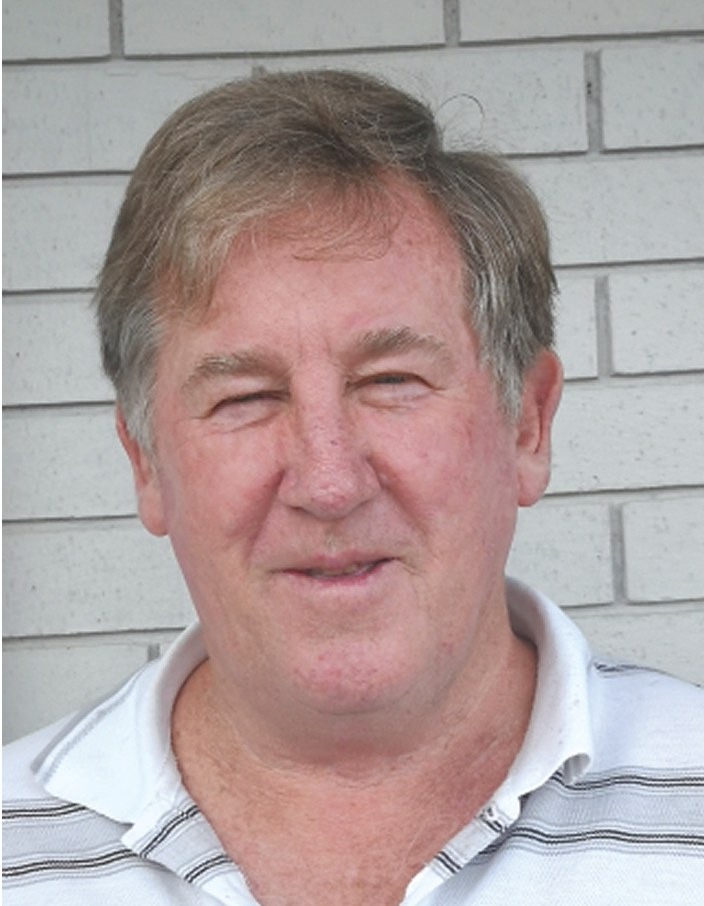
After 40 years teaching and 20 years as a dedicated IEU Rep, Tony Kane is starting a new journey helping survivors of institutional sex abuse find a place of healing.
Kane, a survivor himself, began his teaching career in 1977 after being inspired by teachers at the Christian Brothers school he attended in Canberra.
Despite his history, Kane has remained in touch with teachers and fellow students from the school to this day.
“I still have a strong connection with the Alma Mater,” he said.
Kane was a Christian Brother when he began his teaching career at St Dominic’s Penrith in 1977, but he has spent the bulk of his career (30 years) at Edmund Rice College Wollongong, where he teaches Religion, Geography and English.
He joined the IEU in 1986 and became the Chapter Rep soon after. Kane knows just about anyone who’s anyone in non government education and union circles in Wollongong and beyond.
“I’ve attended every branch meeting for the last 20 years and it’s important to meet other colleagues from other systems and primary schools to stay in touch and understand what their lives are like.
“Being an IEU Rep gave me the personal authority (not power) to sit with the principal and the deputy and find an affinity with people, to negotiate and see other perspectives.”
He said he was proud to have been able to provide dignity and respect to the treatment of a long term staff member who was recently made redundant.
“With injustice in the workplace, it is important to speak out and shout it from the rooftops. When dealing with issues of child abuse it is a bit different – you need a quieter, more discerning voice. Not every survivor wants to be identified.”
Kane’s personal case is unusual in that it was dealt with in the courts back in the 1970s, whereas many other survivors were not acknowledged for decades.
Kane attended the Royal Commission into Institutional Responses to Child Sex Abuse and said it was “the best thing Julia Gillard ever did”.
He also recently visited the reflective garden created in the grounds of St Patrick’s College and Cathedral in Ballarat.
In 2017 the Cathedral created the outdoor space with a viewing box for the ribbons and a pool. It is a space for the survivors of child sex abuse to come and think and a permanent recognition of the past horrors.
There he met a survivor who has seen five counsellors and attempted suicide and often been unable to get out of bed due to the damage that was done to him as a child.
Ballarat was home to several high profile abusers, including former priest Gerald Ridsdale, who abused up to 65 children, some as young as four.
Survivors tied ribbons to the fence at St Patrick’s Cathedral, creating what became known as the ‘Loud Fence’ to draw attention to their plight.
On the school’s website St Patrick’s College Headmaster John Crowley said the college had worked closely with key members of the college community, including victims and survivors, to ensure the garden reflected the wishes of those it has been designed to recognise.
“We have worked very closely with victims and survivors from the outset, along with members of our current community, including Old Collegians, students, staff and parents, to ensure this monument will be an appropriate reflective space for all in Ballarat,” Mr Crowley said.
“St Patrick’s College is committed to further strengthening relationships with victims and survivors in the Ballarat community and we anticipate that this reflective garden will stand as a permanent and prominent monument.”
Kane would like similar reflective gardens for survivors in other locations, starting with the grounds of his own college at Wollongong.
He has also encouraged the Bishop of Wollongong to reach out to survivors. There were cases of abuse at the Edmund Rice College and Kane has actually taught the sons of survivors from that school.
From next year Kane will be teaching less hours as he makes the move to a new life. But it won’t be slippers and golf for him, and he acknowledges he is beginning what could be a long and arduous journey.
“When you have a passion for something, you must do it.”
Kane said the feeling of being supported and part of a larger community through his work with the IEU over the years had helped him in the past and would inform whatever he did I the future.
“I’ve learnt a lot of skills like negotiation and conversation. There are a lot of strong people in the Union and rank and file people who persistently raise social justice and wider issues, getting the church to practice what it preaches.
“It provides a vehicle which helps people to support those that need help. The IEU has given me skills I can draw on as I advocate for survivors.”



































































































































